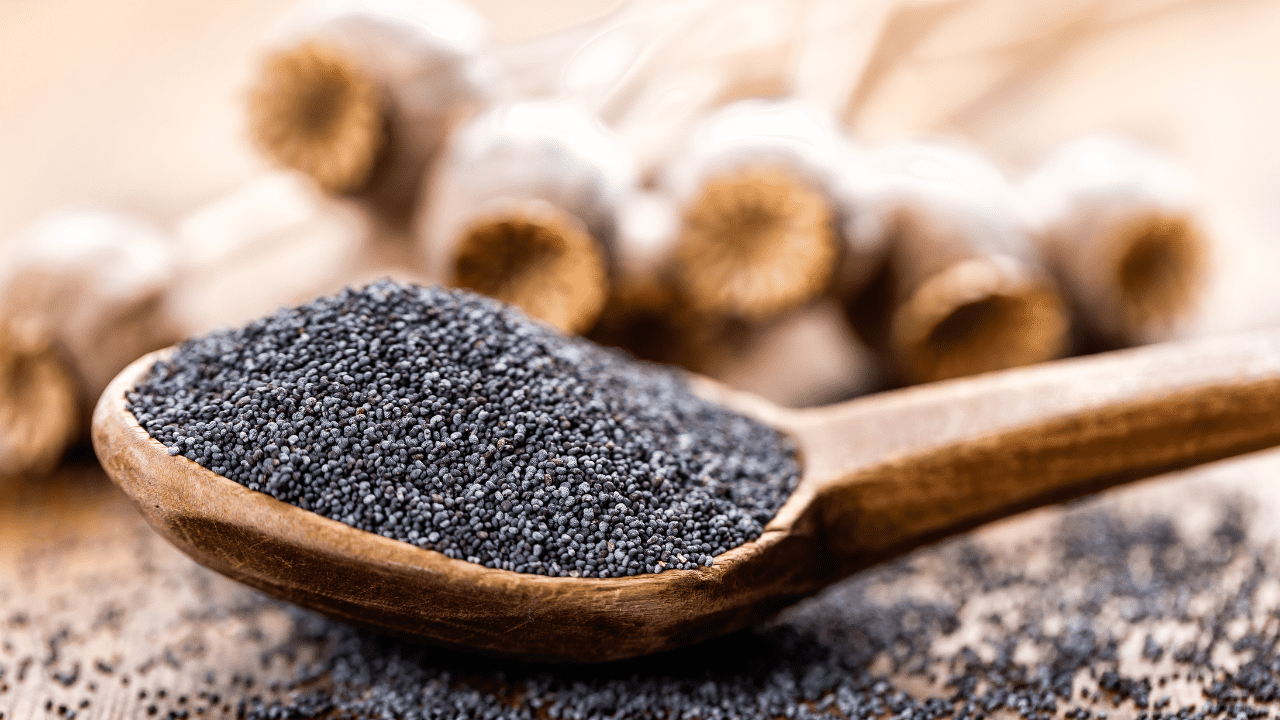It can be tricky to navigate what’s safe to eat or not if you’re on a ketogenic diet or not, so you might be wondering if kombucha is keto. The answer to that is not an immediate yes as it generally depends on the kombucha recipe and or brand. A high-sugar kombucha drink would be off-limits, but anything low-sugar or sugar-free may be able to fit your macros. We’ll dive into how you can identify keto-friendly kombucha in this article.
A keto-friendly kombucha will not have a lot of sugar left after the fermentation process and no added later. While it is possible to find a few kombucha brands and recipes that are fine for those on a ketogenic diet, kombucha is essentially fermented sweet tea and often has too many carbs.
- A brief look at the ketogenic diet & kombucha
- Are fermented foods Good For Keto?
- What kind of kombucha is Keto-Friendly?
- Is kombucha keto if it’s ‘hard’?
- How many carbs are in kombucha?
- Is kombucha good for weight loss?
- Can kombucha burn belly fat?
- Can you make kombucha sugar-free?
- What other drinks are appropriate for a ketogenic diet?
- The Bottom Line
A brief look at the ketogenic diet & kombucha
People on a keto diet limit their consumption of sugar and carbs. It is a high-fat diet and is fairly low in carbs and protein. The goal is to have their body go into what’s known as ketosis, which means the body begins using fat stores are a fuel source, rather than glucose. Consuming sugar puts you “out of ketosis” which means the body will replenish its glycogen stores.
You can have up to 50 grams of sugar per day on this diet, however, this is not all added sugar. Sources of starch and fiber are also counted as part of this 50 grams. So, any low-carb kombucha can be appropriate.
Kombucha starts off with sugar and tea leaves. The ‘SCOBY’ (symbiotic culture of bacteria and yeast) is introduced to the sweet tea to start the fermentation process. Most of the sugar is consumed by the SCOBY during this process. So, unless an excessive amount of sugar was used, to begin with, kombucha will be naturally low in sugar – unless it contains added sugar.
Are fermented foods Good For Keto?
Probiotics, which are found in kombucha, can help maintain healthy gut bacteria. Fermented foods are believed to be lower in carbs than fresh fruit or vegetables. So, some people on the ketogenic diet will consume miso, kimchi, or sauerkraut to control their daily carb intake without sacrificing the health benefits associated with fruit and vegetables.
Not all keto is made equal and some do go into ketosis without much fiber. For those, it can be common to experience digestive issues. One study on children found that their participants on the keto diet with minimal fiber negatively affected the composition of the bacteria in their gut. However, other studies on the effects of keto have noted it was linked with reduced inflammation and improved symptoms of irritable bowel syndrome (IBS).
What kind of kombucha is Keto-Friendly?
Any sugar-free, low-carb and low-sugar kombucha will be keto-friendly.
It’s highly unlikely that kombucha will hit the 50 grams mark – which is the carbohydrate limit on the ketogenic diet. The sugar content can be as high as 16 grams per bottle, if not more. But you probably wouldn’t want to use up all or most of your carbohydrates on one drink.
Be sure to read the nutrition label on your kombucha before purchasing. Some store-bought kombucha can be as low as 4 or 5 grams of sugar, while other store-bought brands are even sugar-free entirely. If you want to brew kombucha yourself, limit the amount of sugar you add to your tea in the very beginning and avoid adding more sugar after.
Sugar-free kombucha may have less flavor than other brews. Sweeteners such as Stevia, Sucralose, and Erythritol are suitable sweeteners for getting that sweet taste without increasing your sugar counts.
Is kombucha keto if it’s ‘hard’?
Hard kombucha is kombucha brewed with the intention of becoming an alcoholic drink.
Not all alcohol is off-limits on a ketogenic diet. Low carb and carb-free options like vodka, rum, whiskey, gin, tequila, are perfectly fine.
Regular kombucha contains trace amounts of alcohol, but you would need a lot to feel the effects.
Hard kombucha is a tea intentionally fermented to be an alcoholic beverage. Hard kombucha has a longer fermentation time in order to naturally increase the alcohol content. Extra sugar and yeast are added when making hard kombucha. However, as it will brew longer, much of this sugar will be gone by the time it’s ready to drink.
Hard kombucha can be keto. If there are little to no added sugars, and it does not contain a lot of carbohydrates, then this drink is keto too.
How many carbs are in kombucha?
The exact amount of carbs varies across brands and recipes, which is why it’s not straightforward to answer is kombucha keto. Kombucha is typically low in carbs. It can average 8 grams of carbohydrates in total in an 8oz bottle. Although you can find some keto kombucha with fewer carbs than this, it’s not going to total zero net carbs.
The best thing to do is read the nutritional information on any bottle of kombucha before purchasing it. You might also have to split a bottle into two servings over a day or two.
Is kombucha good for weight loss?
Kombucha is made from green or black tea. So, right off the bat, you reap many of the benefits associated with tea in kombucha.
Research has established that green tea can encourage weight loss. As can black tea. It is also believed to help speed up the metabolism, and by extension, burn more calories.
What’s specific to kombucha (and apple cider vinegar) is that it contains acetic acid. This acid has been linked with reducing appetites and how the body absorbs carbs. Research has also deduced that it can reduce how much fat the body stores, however, these were studies on animals. This kind of research does not always play out the same in human tests.
Kombucha is also a source of probiotics. Studies have noted that people who have less diverse digestive bacteria gain more weight than those with a wide variety of good germs in their gut.
Can kombucha burn belly fat?
Generally, you can’t target one area to lose weight over another. Everyone carries their weight differently, so if you lose weight, you’re likely to notice a change in most parts of your body rather than one area alone.
Aside from wanting a flat tummy, visceral fat is a cause for concern. This fat is not always visible but is found surrounding internal abdominal organs. This kind of fat is linked with an increased risk of diabetes and heart disease.
However, as mentioned earlier; kombucha contains acetic acid. Animal studies have noted that this may help to ward off the build-up of fat in the liver and abdominal fat. Keep in mind that animal studies are not always indicative of whether something will work for humans.
Being active and reducing sugary drinks are recommended to lose visceral fat. Kombucha typically has a low sugar content, so you’re taking a step forward if you’re switching it into your diet to replace soda.
Can you make kombucha sugar-free?
Sugar is required in the initial steps of making kombucha. However, as long as you don’t go overboard, the SCOBY will have consumed most if not all of it. So, if you want to make your own kombucha, keep in mind that your end product should be virtually sugar-free.
You cannot sub in Stevia or other sugar-free keto-friendly sweeteners in place of the sugar. The sugar is used so the microbes can feed on it and create probiotics.
Sugar-Free kombucha brands
The following are considered keto-friendly kombucha:
- Humm Kombucha’s sugar-free range
- Flying Embers
- Remedy
- No 1 Living
- Synerchi
Low-sugar kombucha brands (under 5 grams of sugar)
These drinks are also suitable for someone on a keto diet:
- Better Booch
- Nova Easy Kombucha
- Juneshine
What other drinks are appropriate for a ketogenic diet?
If you’re sick of kombucha on keto, you will also enjoy:
- black tea
- green tea
- black coffee
- lemon water
- lime water
- miso soup
The Bottom Line
You can drink kombucha on keto, to an extent. A lot of kombuchas can fit a keto lifestyle if you are especially mindful of the macros. If you are on this diet, you most likely will not be able to grab any kombucha tea from the shelf as many brands will add extra flavor and up the sugar content. A good rule of thumb is to stick to unsweetened and unflavored kombucha if you can. Do not just rely on your perception of sweetness, check the nutrition label as things that are not overly sweet can still contain significant sugar. If you are adventurous, you can try your hand at making kombucha yourself as it gives you much more control of the amount of sugar used.







